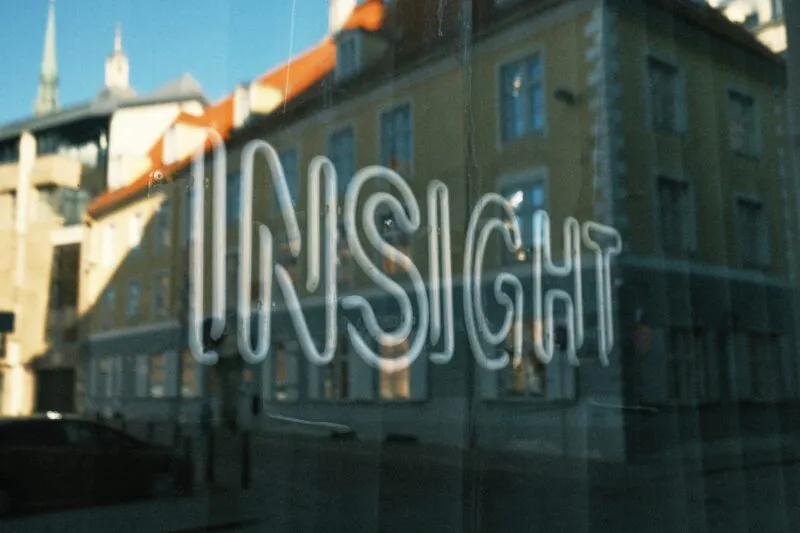In defence of slow thinking
It’s no secret that we are living in a world that rewards speed – from fast food, to fast technology – progress is touted as being driven by speed.
As we farm out more and more of our thinking to AI chatbots, there is a movement towards the centring of slow thinking.
According to psychologist, author of Thinking, Fast and Slow and Nobel Prize winner Daniel Kahneman, slow thinking is defined as a “slower, more deliberate, and effortful form of thinking.” This thinking seeks more information and is done with awareness.
Or as stated in an article from the British Psychological Society, “In our age of snap judgements and instant opinions, slowness and deliberative contemplation may be more important than we realise.”
The pandemic helped move us into a slower direction, with housebound communities taking up slow activities like gardening, bread baking, pickling, and craft, while also forcing us to into deeper contemplation.
In Thinking, Fast and Slow, Kahneman categorises human thought processes into two distinct systems:
System 1 (Fast thinking): Fast, automatic, intuitive, and emotional.
System 2 (Slow thinking): Slow, deliberate, effortful, and logical.
Kahneman explains that although System 2 is crucial for reasoning and complex decision-making, it is lazy and often defers to System 1 unless forced to intervene. This tendency can lead to errors when intuitive judgments (System 1) are relied upon inappropriately.
This can play out in restrictive ways when it comes to business, especially if you are a business owner. It’s easy when inside a business to lose sight of the whole – meaning you are at the whims of how your business is performing on any given day, rather than overall.
Jess Lee, CEO and co-founder of style and social commerce platform, Polyvore, explains this familiar mental trap as, “Humans are terrible at understanding absolute values. We are best at understanding acceleration and deceleration, or rate of change.”
A strong antidote to getting knocked around by the rates of change is to slow down your thinking. One way to do this is to bring in market research, in order to bring back in that birds eye view of your business. Research is the very epitome of slow thinking – bringing in new perspectives, weighing up the data provided and applying it to the unique context of your business.
How can slow thinking benefit your business (and life)?
Better strategic decision-making
Slow thinking encourages big-picture thinking and long-term planning, and allows leaders to weigh risks, consider market trends, and anticipate unintended consequences.
Reduces cognitive bias
It helps prevent costly errors caused by confirmation bias (seeking info that supports what you already believe), overconfidence bias (overestimating the accuracy of one’s judgment), and sunk cost fallacy (throwing good money after bad), and enables more objective analysis of investments, hiring, and partnerships.
Improved communication and negotiation
Slower, reflective thinking supports active listening and measured responses in high-stakes conversations. It makes room for empathy and expanded perspectives – which is critical in negotiations, conflict resolution, and managing diverse teams.
Enhanced risk management
Slowing down encourages careful scenario planning, thorough evaluation of risk vs. reward, and consideration of worst-case outcomes, not just optimistic forecasts.
More thoughtful leadership
Reflective leaders inspire trust through measured, principled actions, are better at handling uncertainty and ambiguity, and create learning cultures by valuing thoughtful input over snap judgments
Data-driven culture
Slow thinking helps in interpreting data critically, not just quickly, by questioning assumptions, avoiding false correlations and encouraging evidence-based decision-making.
Fuels innovation and creative problem-solving
Innovation isn’t just about fast brainstorming and action, it also involves reflecting on customer pain points, incubating complex ideas and testing hypotheses methodically. Design thinking—used at IDEO and Google—relies on structured, iterative reflection, a hallmark of slow thinking.
Speed is important in many contexts, with quick reactions and instinctive responsive crucial for survival. But slow thinking is just as important, if not more so, when it comes to creating change and building services that are effective and long lasting.




